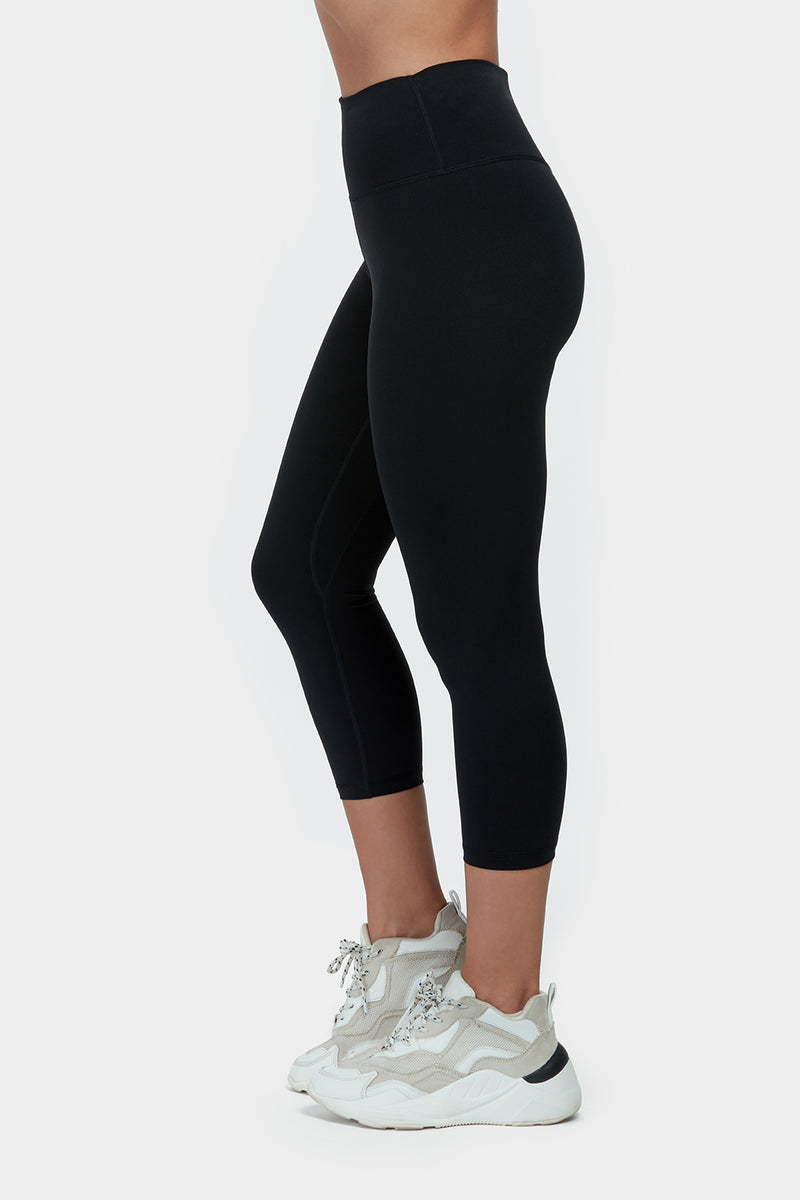Greenwashing- What is it and what do you need to know?
Consumers have become increasingly interested and aware of the damaging effects our daily consumption habits are having on our environment and planet which has led to growing consideration with daily purchases.
This mindset shift is incredibly positive however, marketing hype combined with limited industry regulations has led to consumers falling victim to corporate 'Greenwashing' a growing area of exploitation of consumers care for ethical processes and nature for their own financial gain,
What this ultimately means is large corporations, with big marketing budgets, are able to easily target consumers who are keen to become more 'Green' with their not so Eco-friendly or sustainable products.
The great news is so many businesses typically smaller businesses are going above and beyond in order to be as sustainable and Eco-friendly as possible, truly caring for our environment and ensuring they reduce their carbon footprint and although large corporations are less honest in this space, we hope that they are starting to follow suit and take steps in the right direction.
So What is Greenwashing?
Greenwashing is a deceptive form of marketing that claims a company’s products, policies and goals are environmentally friendly and therefore do less damage to nature, with an underlying purpose to increase profits with false claims unbeknown to the consumer.
A good indication that a corporation is partaking in Greenwashing is when a marketing campaign promoting so called Eco-friendly products has actually cost them more time and money than they have spent on the very environmentally friendly practices they are preaching.
Another aspect of Greenwashing to be wary of as a consumer is when brands and corporations look for alternative materials to be able to promote innovative thinking, Eco-friendly alternatives and 'Natural' initiatives without considering the bigger carbon footprint often associated with such materials compared with more 'traditional' materials.
For example: Supermarkets were very quick to jump on the Eco-friendly bandwagon and interest in reducing single-used plastics by offering more durable, 'bags for life' that the consumer pays more for with the intention of reusing them over and over again. In reality these bags take twice as long to decompose (if they ever actually do) and use more petroleum to create and thus pose an even greater threat to wildlife.
A far greater perhaps less profitable alternative would be for these supermarkets to stop wrapping their products in single-use plastics, stop selling 'micro' versions of their products and stop selling single-use plastic products!
Greenwashing & Green Marketing
Now not all businesses have this backwards and unethical way of thinking and there are brands and businesses that truly are doing everything they can to be more environmentally friendly with both their products and processes, so what is the difference between Greenwashing and Green Marketing?
In simple terms Green Marketing is where a brand markets products that genuinely have environmental benefits. Combining environmentally beneficial products with transparent and enriching campaigns alongside consistent social awareness and environmental purpose and care should give you confidence in the brand and their true environmental ethics.
Some great examples of a brands that do this really well are Lush, The Body Shop and Patagonia
By being honest, transparent and open about your processes and how exactly you are working towards being as ethical and environmentally friendly as possible alongside areas you can improve on really empowers customers to be able to make a choice with who they shop with
Here's what to look out for when evaluating a brands environmental and social impact:
- Do they have certification and can provide evidence to support their claims?
- Can they provide evidence of their social responsibilities and ethical working environments?
- Are they consistent with their Green Marketing or does it seem more reactive to 'trends' then proactive to making change?
- How much of their business do they dedicate to being environmentally friendly, is it a full 360 degree effort or just partial? for example Primark or H & M bringing out ‘recycled’ ranges yet it’s abundantly clear they this is not part of their whole business model.














